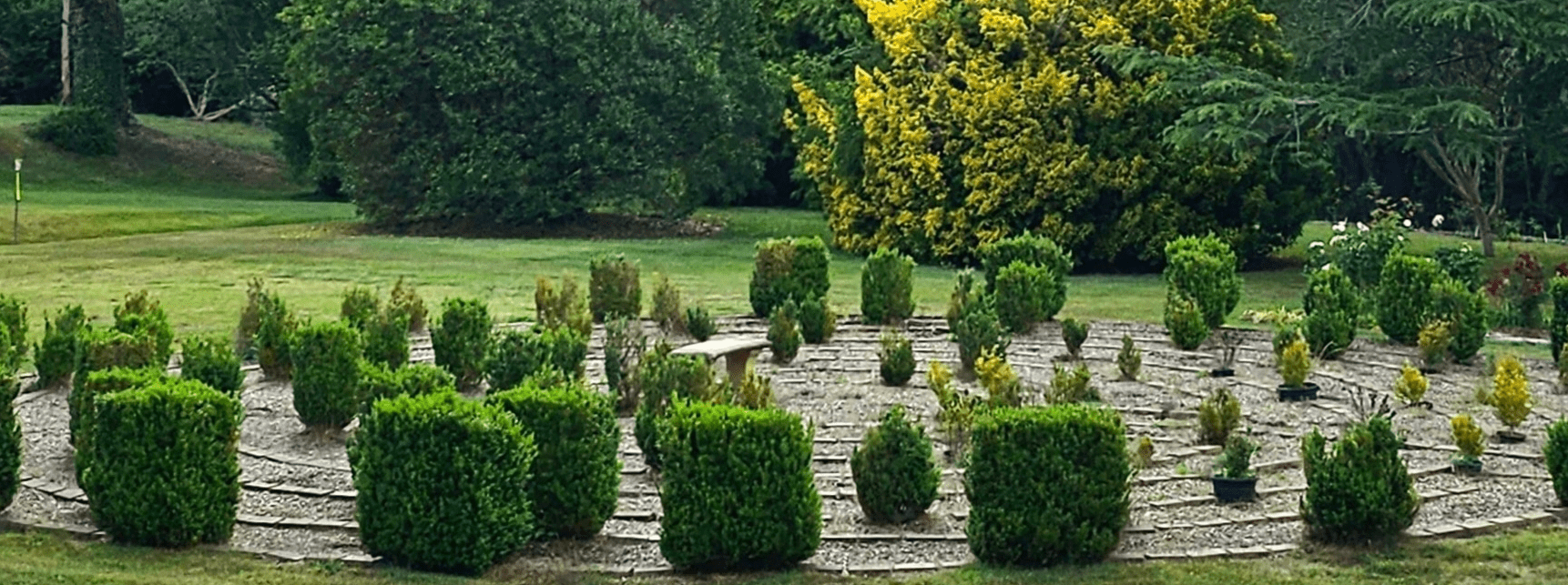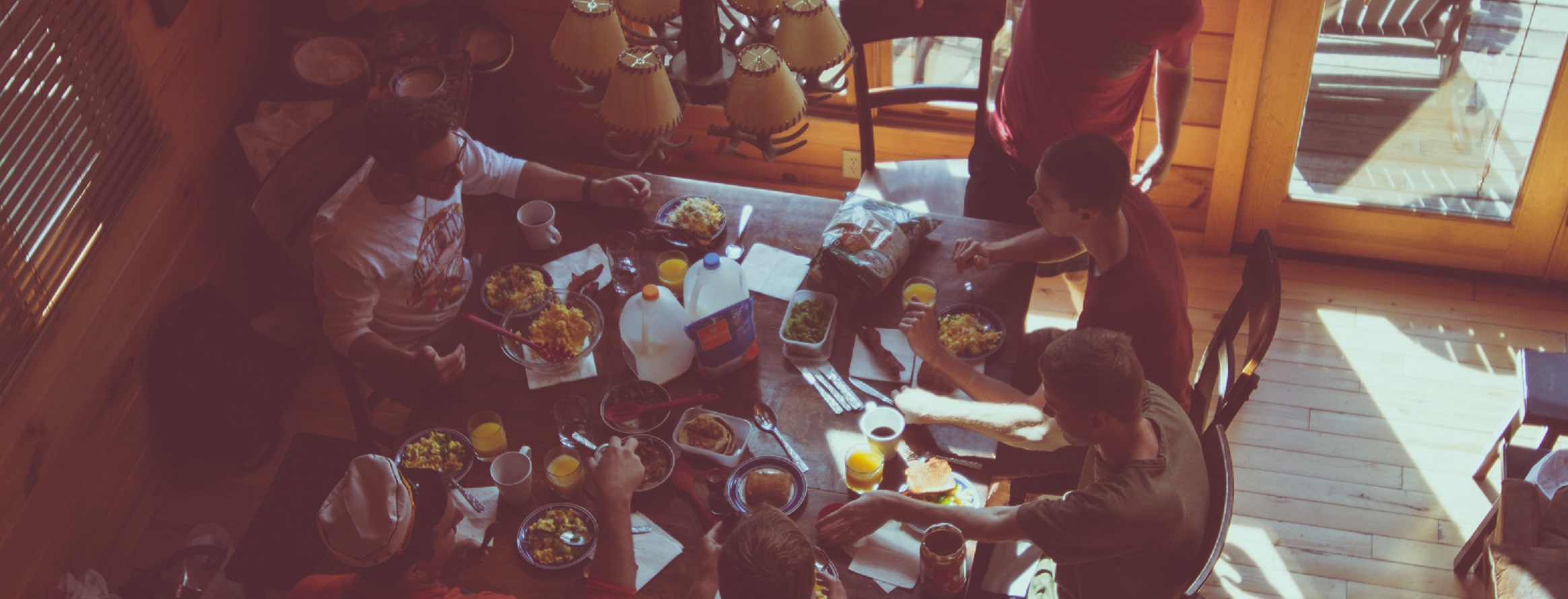Reflecting on an experience of walking the humble labyrinth during a silent meditation retreat, I notice its metaphor to our life.
I entered the labyrinth with the spirit of contemplation and an openness to receive what comes. It wasn’t long before my mind got the better of me. As the path led me to the outer edge instead of the centre, I told myself it did not make rational sense. Then I tried to work out the ‘how’ and ‘why’ in my mind. And before I could find an answer, a little voice said, “the path must not be correct”. Then I heard a nervous laugh from within, which said, “I know nothing of the construction of the labyrinth yet I doubt its very presence”. This awareness of the moment brought me to lay these thoughts down, and to trust the path.
In trusting the path, I was choosing to trust the original builders of the labyrinth and those who added to it, to the walkers who had not raised issues about the labyrinth for there was none. I chose to trust in the stillness of that moment, to my senses. So I looked up to admire the changing scenery as I took each step along the path to the centre.
A stone bench sat at the centre of the labyrinth. The arrival anticlimactic; it did not live up to expectations which I didn’t know I had until then. Yet there I learned, it was not about this destination but the journey there that mattered. And that perhaps without expectations I would have appreciated the moment of arrival.
I retraced my steps to leave the labyrinth. Once again, a thought came to mind that the walk would be boring even as I took the first step back. I had been on this path just moments before, after all. Then I looked up and around me as I walked. The scenery was unfamiliar, different. The experience – even of the humming of the wind, the rhythm of the rustling of trees, the enchanting bird calls – was different. My idea of what should be and would be abated. Every moment is a new moment, to be experienced afresh.
On reflection, I am grateful for the awareness and insights. I realise this experience of mine is not dissimilar for many of us in our personal and professional life.
We are compelled by the impetus of time and efficiency to get to the centre, evaluating our experience and measuring our success based on expectations which are historical in nature.
But this year I hope our reflection will be different. As we walk back through this past year, let’s appreciate a different scenery.
Choose different measures of ‘success’. Beyond efficiency and productivity, beyond monetary rewards and career perks, consider how well you have spent time in relationship, how well you have cared for yourself, how deeply or broadly you have considered, how you have opened to the new or different.
Measure ‘success’ by the quality of your personal and professional relationships, how cohesively your life integrates your most valuable, your contribution to the ‘success’ of another, the positive impacts you have brought to your environment, your demonstration of responsibility and accountability, your expression of kindness and generosity, and the list goes on.
We may have short- or long-term plans in our life, but what we do with these plans as we walk on the path makes all the difference. It would not be wise to doggedly stick to them.
Look up to the beauty and possibility of each moment and what it presents, and be willing to change and move from ideas and plans formed from moments in history.
© 2023 Transfigure Therapy













